Building sub-national government
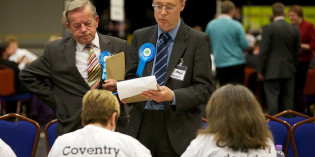
20 things we learned about democracy in March 2014
March 2014 was an eventful month for democracy, with April set to be even more eventful yet. From dancing to election results, to Islamophobia and local government, Democratic Audit brings you the 20 most interesting things that came across our radar this month. Similar PostsThe real reasons referendums have become so common – and so […]

Symbols of shared Britishness are less important in sustaining the union than economic and political factors
The Referendum on Scottish Independence in September 2014 provides a valuable context for studying territorial identities in the UK. In the United Kingdom, comparing the diversity of ‘national’ experiences helps us to understand the salience of national symbols. David McCrone and Frank Bechhofer show that although these symbols are important, they will bear less on […]

More devolution would benefit and improve the whole of the United Kingdom
Later this year, Scotland will vote on whether to become independent. But while the debate about the country’s future has necessarily been between the maintaining the current union as is, or full independence, what most Scots want more than either is greater and better devolution. Here, Guy Lodge and Alan Trench argue that welfare should be devolved as the […]

Health and Wellbeing Boards differ in their levels of transparency, involvement and modes of operation
Health and Wellbeing Boards were introduced alongside the government’s structural reforms of the NHS, as new bodies aiming to bring together NHS commissioners, local government and others, and were expected to provide an important new forum for democratic input into the health service. Anna Coleman and Surindar Dhesi analyse the experience of Health and Wellbeing […]
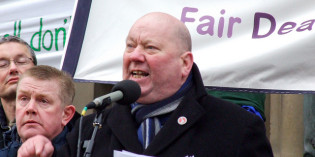
Has the introduction of directly elected mayors advanced or detracted from democratic innovation in English local government?
Despite very limited adoption of directly elected mayors in English local government, the reform has remained popular with national political leaders from both the Conservative and Labour parties. In this post John Fenwick and Howard Elcock consider why, and explore how elected mayors pose a challenge for several other aspects of local democracy. Similar PostsExpanding the […]
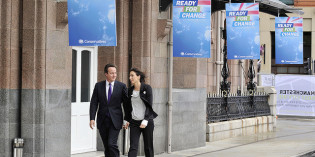
20 things we learned about democracy in February 2014
February is the shortest month of the year, but that doesn’t mean that we haven’t learned an awful lot about democracy. In just 28 short days, we’ve found out about online voting, the public’s dismal view of Prime Minister’s Questions, perceptions of corruption, and an unlikely revival for a Jeffrey Archer storyline. Similar PostsBeyond metro […]
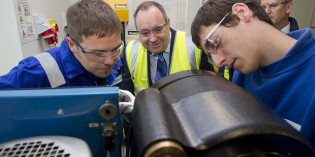
There is still a lot that we don’t know about the choices that an independent Scotland might make
If the Scotland votes Yes on 18 September 2014, they do not know what they will get, apart from the departure of Scottish MPs from Westminster. To borrow Donald Rumsfeld’s useful phrase the remaining terms of independence are ‘known unknowns’. The Scottish negotiators must enter discussions with several counterparties, the main ones being the European Union, NATO, […]
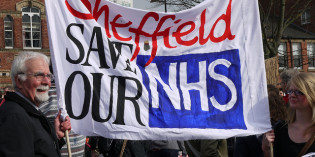
Expanding the resources and powers of Healthwatch and Overview & Scrutiny Committees would improve the local accountability of health services
Unlike many other public services, the NHS is not subject to local democratic control. In this post – a second extract from Democratic Audit’s new ebook – Sally Ruane examines the barriers to local democratic engagement in the NHS, and identifies ways to improve accountability through local authorities and Healthwatch. Similar PostsCitizens’ ability to influence NHS services is undermined by […]
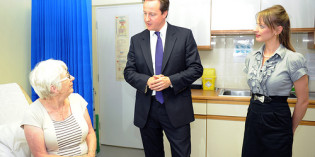
Citizens’ ability to influence NHS services is undermined by the complexity and ceaseless reform of systems for patient and public representation
Unlike many other public services, the NHS is not subject to local democratic control. In this post – an extract from a new Democratic Audit ebook – Sally Ruane explores the recent history of patient and public involvement in the NHS, including the impact of the coalition government’s reforms. Similar PostsExpanding the resources and powers of Healthwatch and […]



 Democratic Audit's core funding is provided by the Joseph Rowntree Charitable Trust. Additional funding is provided by the London School of Economics.
Democratic Audit's core funding is provided by the Joseph Rowntree Charitable Trust. Additional funding is provided by the London School of Economics.